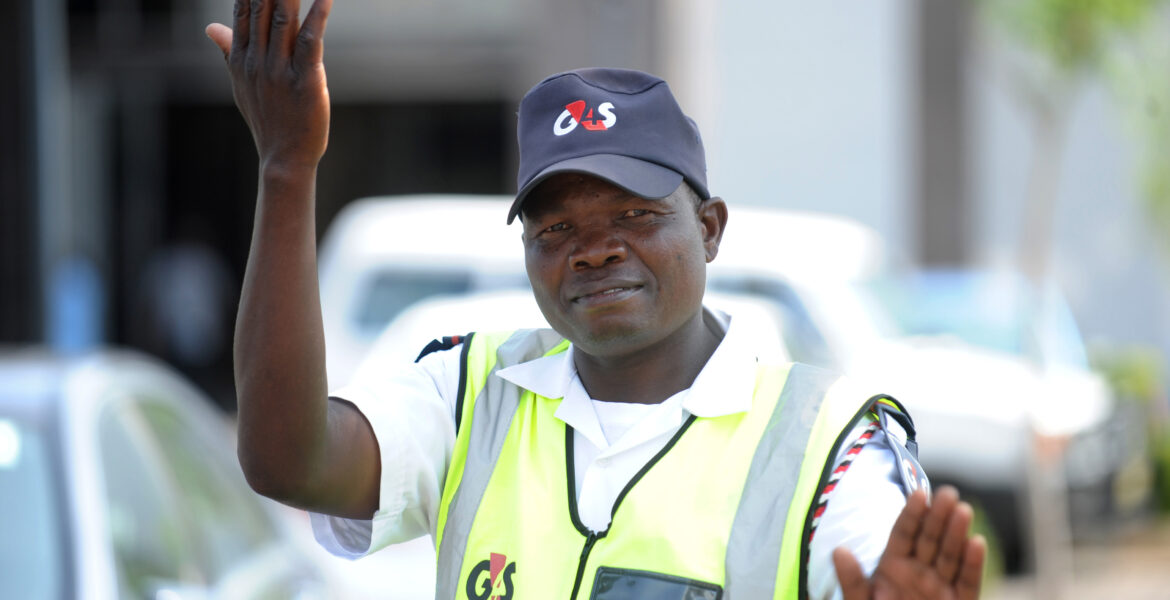- General Galebotswe says it is unsustainable for state agencies to escort private security companies
- Argues that the government has not been proactive in the face of a changing security environment
- Warns that even terrorism could hit “our motherland”
TEFO PHEAGE
Former Commander of the Botswana Defence Force, Lieutenant General Gaolathe Galebotswe, has thrown his weight behind calls for private security companies to be armed for enhanced protection of what they trade in and response to heists.
The retired general’s view is that as with any major decision, proper mechanisms should be put in place to promote responsible use and handling of firearms by personnel of private security firms. “I think a lot can be done to address the fears and reservations about firearms falling into the wrong hands,” he said in an interview.
“It starts with lobbying the lawmakers to license security companies to carry firearms. They need to be right-tooled to effectively discharge their duties. We cannot run away from the fact that security has evolved and that we must also evolve in our thinking and mindset.”
He described the decision to escort private security companies as costly and unsustainable. “It is premature to be intervening the way we are,” Galebotswe said. “It is also not sustainable. For how long are we going to be doing it? If it goes on, it is likely to leave our state security agencies thin on the ground because they have assumed an extra duty that was not on their list.”
“Private security companies might as well just decide to hire only drivers because they are assured of state security when delivering cash, and that’s cheating the taxpayer, in my view.”
If anything, escorting private security companies by law enforcement agencies of the government underscores the need to permit personnel of security companies to carry firearms, he asserted. “We can license them to carry firearms, tighten controls and put systems in place to address all these pervasive fears,” Galebotse said. “It calls for strict vetting. The security companies could consider recruiting former state security personnel to man these areas.”
He added it should not have been unexpected that Botswana could find itself in this situation. “It was always coming,” he emphasized. “Crime knows no boundaries. The crime or terrorism that you see in neighbouring countries will one day hit our motherland. These money heists are just manifestations of what has been happening in neighbouring South Africa. It is just a pity that we didn’t see it coming but it was always coming.”
He noted that most security concerns in the southern African region, especially in Botswana, resulted from not being proactive. The retired general warned that the volatility of the situation will get worse if is not emphatically arrested.
“We will suffer economically,” Galebotswe said. “Our gains and record as a peaceful and stable country will be reversed. What will this do to potential investors when they hear of it?”

